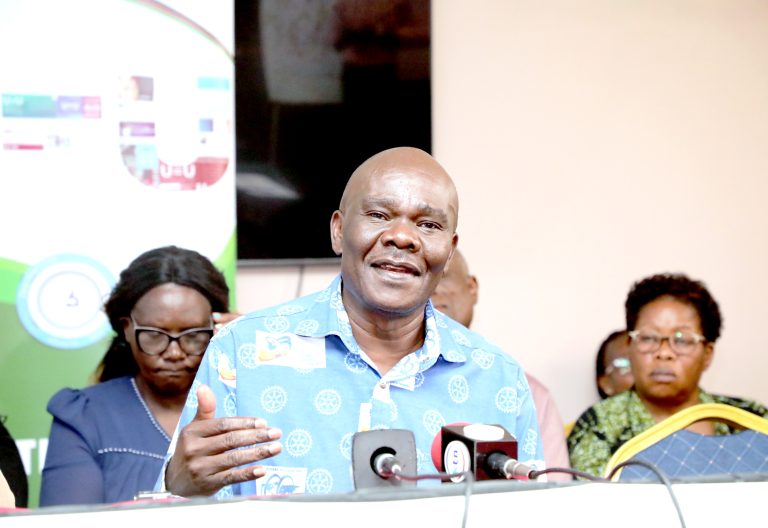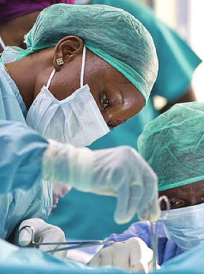Ministry to establish five more fistula repair centres by 2025
By Clifford Akumu, May 27, 2024The Ministry of Health is set to open an additional five fistula repair centres by next year (2025) and train more surgeons as it moves away from operating on women with the condition in medical camps.
Dr Edward Serem, the Head Division of Reproductive and Maternal Health at the Ministry of Health said that five centres will move the number up to 15 in the country, while the surgeons who can operate on women with the condition will move from 10.
While medical camps have been helpful, Dr Serem said they are ineffective because the women go back home without a specific health facility for follow-up.
“Some of the women later experience post-operation infections, which can result in death or prolonged stay in the hospital; if any operations are done in medical camps, we will ensure that the women are attached to a facility for regular check-up, but the ultimate goal is to facilitate fistula repairs continuously and avoid waiting for fistula camps,” Dr Serem said.
Fistula is an injury caused during childbirth and leads to leakage of urine and sometimes stool. About 3,000 women develop obstetric fistula in Kenya every year. Corrective surgeries are the only treatment to cure the incontinence that fistula causes.
Approximately 24,000 women in Kenya need these surgeries, but only 2,000 received treatment in 2021, according to data from the Global Fistula Map. With only 10 trained surgeons with specialised skills for fistula repair in Kenya, there is a backlog of women in need of the operation. Dr Serem said the government is talking to partners to augment the resources it has set aside to address obstetric fistuta.
The John Hopkins Affiliate, Jhpiego, responded to the government’s call through the Obstetric Fistula Kenya project and supported the county to establish the Fistula Centre at the Makueni County Referral Hospital.
Gynocare, an Eldoret-based centre accredited by the International Federation of Gynecology and Obstetrics (IFGOI) and the World Federation of Societies of Anesthesiologists IWFSA), trained a surgical team that now offers services in Makueni. The project also trained nurses in screening for obstetric fistula within 10 facilities that offer comprehensive emergency obstetric and newborn care.
Dr Daisy Ruto, a gynaecologist and the Director of the Obstetric Fistula Kenya, said the project will not only support the training of survivors but also a whole surgical team of anaesthetists, physiotherapists, nutritionists, counsellors and four nurses to ensure the patient gets holistic and rehabilitative care.
Dr Dorris Mbithi, the lead surgeon who was trained at the centre and has attended to patients from nine counties and as far as Tharaka Nithi and Mombasa counties said that surgery is only part of the care that the women need.
“Because they would avoid eating or drinking water to limit soiling themselves, most of these women are so malnourished we often even have to allow time for nutritionists for their diet before they can even have the operation,” Dr Mbithi explained.
More Articles

